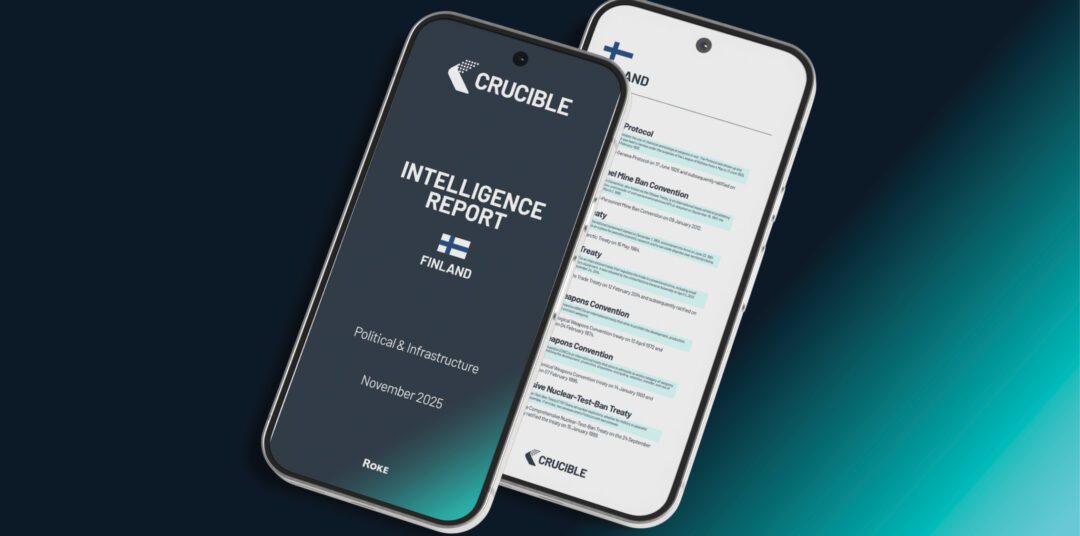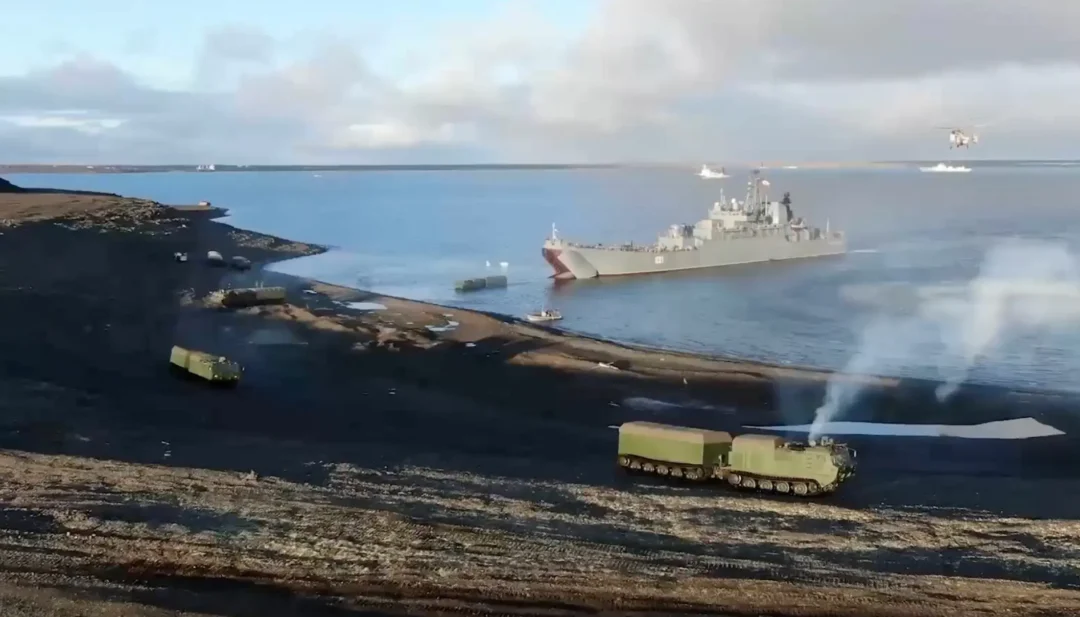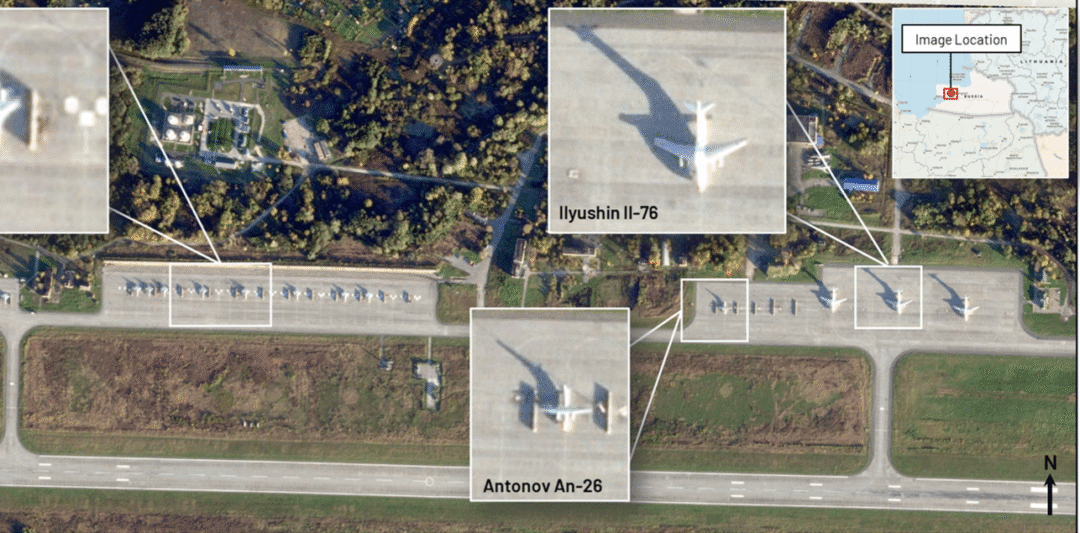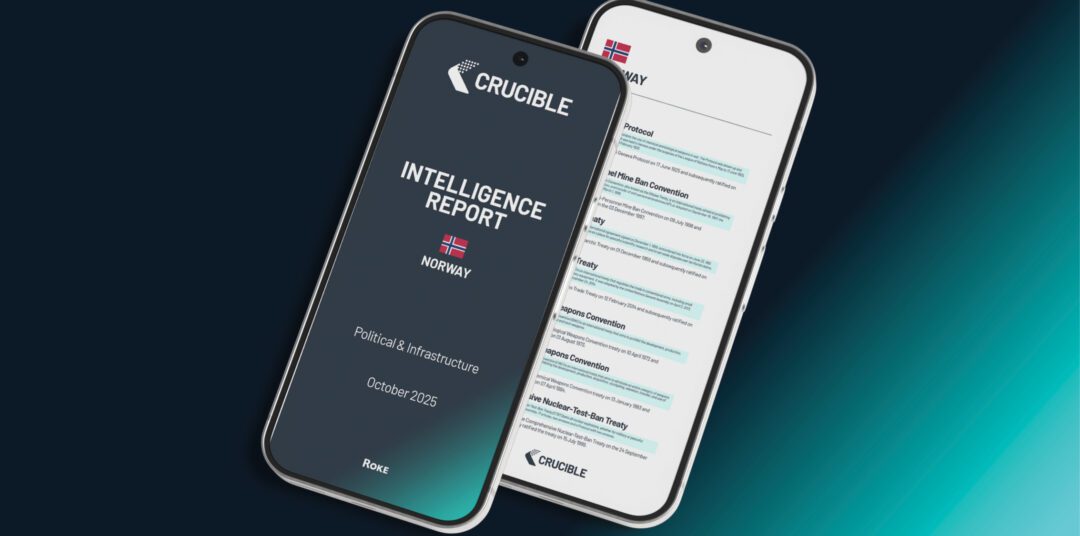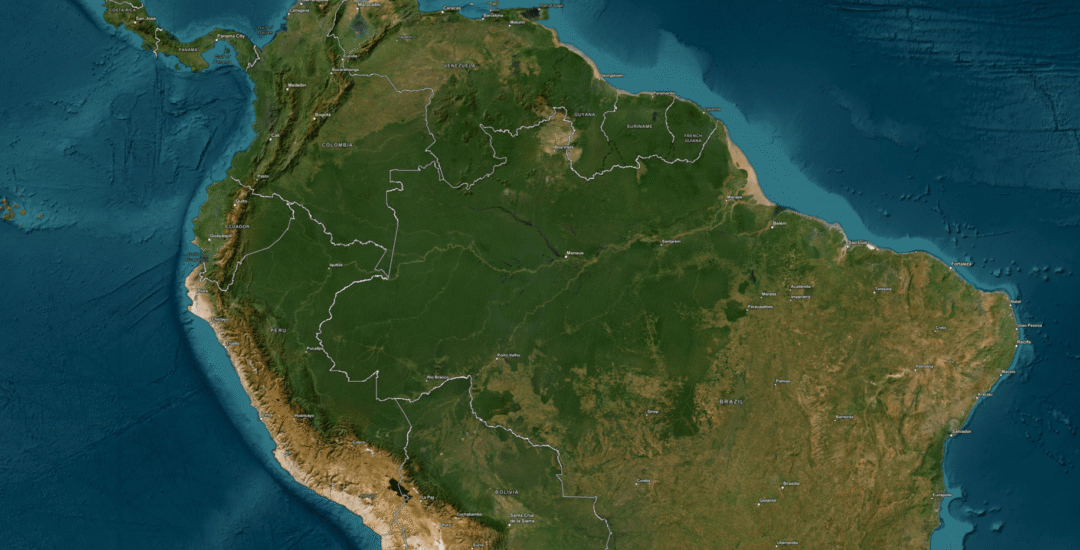Solutions with Impact
Insights
Making informed decisions requires actionable insights from trusted sources, grounded in real operational experience. Stay ahead with our expert analysis and perspectives on the emerging challenges, technologies and strategies directly impacting your operations.
